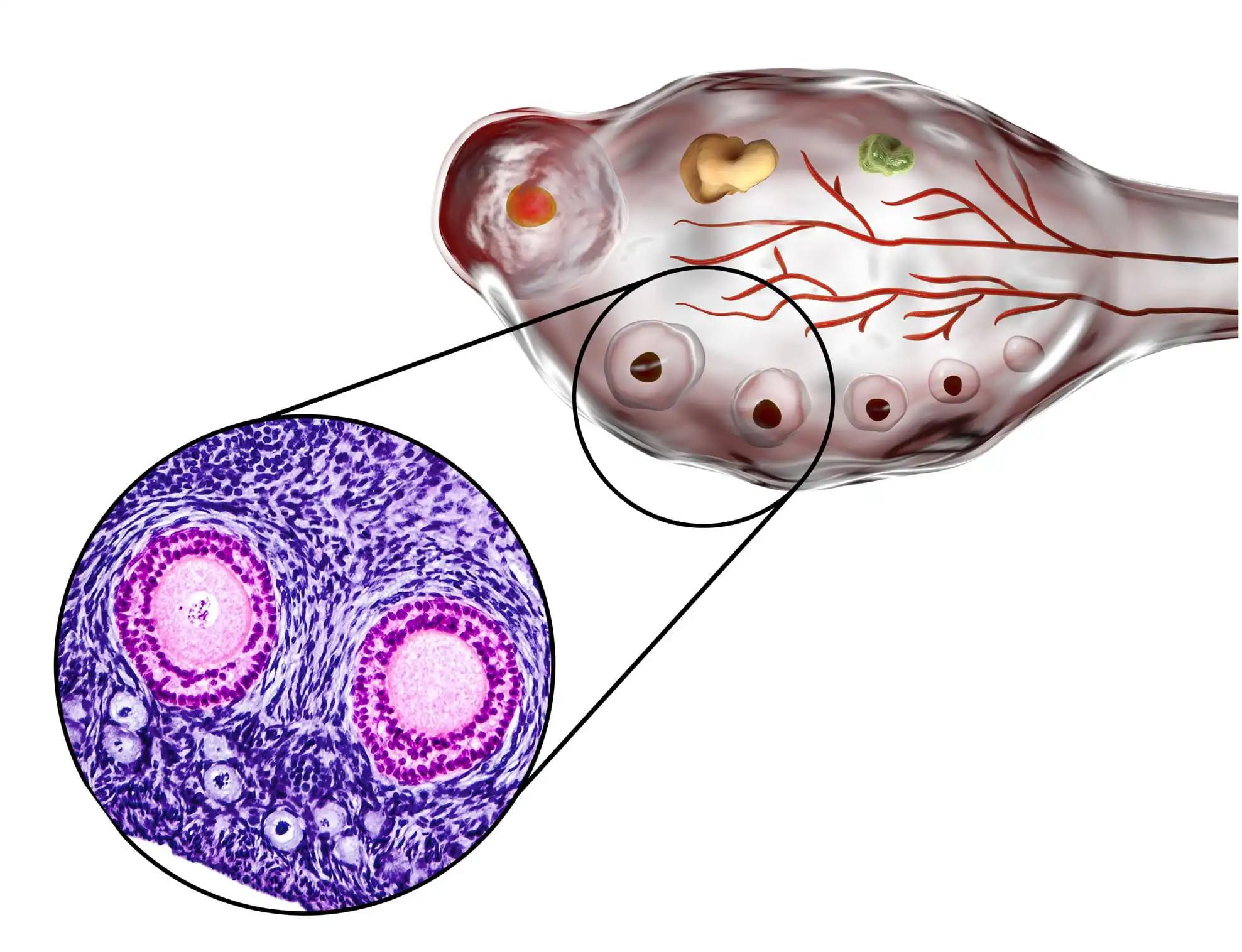KEY TAKEAWAYS
- In Phase III SOLO-2 study Olaparib maintenance was explored as a monotherapy option for patients with Platinum Sensitive Relapsed BRCA Mutated Ovarian Cance in a placebo-controlled, randomized, double-blind study.
- The study aimed to evaluate the efficacy of platinum-based chemotherapy from maintenance olaparib after RECIST progression in BRCA-mutated patients with platinum-sensitive relapsed ovarian cancer.
- The primary outcome measure of this 2-arm study was Progression Free Survival (PFS) while assessing the overall survival (OS), Time to Earliest Progression, Time From Randomization to Second Progression, and other parameters were the secondary outcome measures.
- The time to second progression was considerably longer in the placebo arm compared to the olaparib arm among chemotherapy patients.
In the SOLO-2 trial (ENGOT Ov-21; NCT01874353), after RECIST disease progression in patients who got olaparib or a placebo, a posthoc hypothesis-generating analysis of SOLO2 data was conducted to evaluate the efficacy of various chemotherapy regimens by assessing the time to second progression (TTSP) from the date of the RECIST progression to the subsequent progression or mortality.
147 patients who got chemotherapy as their initial, subsequent treatment made up the study population. Of these, 79 (53%) were initially randomized to the olaparib arm, while 69 (47%) were to the control arm.
As opposed to 24/78 and 54/78 in the olaparib-treated cohort, 27/69 and 42/69 in the placebo-treated cohort got non-platinum and platinum-based chemotherapy. As a result, TTSP was considerably longer in the placebo arm compared to the olaparib arm among chemotherapy patients (N = 147): 12.1 versus 6.9 months [hazard ratio (HR) 2.17, 95% confidence interval (CI) 1.47-3.19].
A similar result was found on multivariable analysis adjusting for prognostic factors at RECIST progression (HR 2.13, 95% CI 1.41-3.22). TTSP was considerably longer in the placebo arm among patients receiving platinum-based chemotherapy (n = 96): 14.3 versus 7.0 months (HR 2.89, 95% CI 1.73-4.82). In contrast, the TTSP was similar in the olaparib and placebo arms among patients who received non-platinum-based chemotherapy (n = 51): 8.3 versus 6.0 months (HR 1.58, 95% CI 0.86-2.90).
In BRCA1/2-mutated patients with PSROC compared to patients not previously getting poly (ADP-ribose) polymerase inhibitors, the effectiveness of platinum-based subsequent chemotherapy appears to be diminished after progression from maintenance olaparib in the recurrent setting. (PARPi). Further research is underway to determine the best treatment plan for individuals who relapse after PARPi.
Source: https://www.annalsofoncology.org/article/S0923-7534(22)01740-9/fulltext
Clinical Trial:https://clinicaltrials.gov/ct2/show/NCT01874353
Frenel, J. S., Kim, J. W., Aryal, N., Asher, R., Berton, D., Vidal, L., Pautier, P., Ledermann, J. A., Penson, R. T., Oza, A. M., Korach, J., Huzarski, T., Pignata, S., Colombo, N., Park-Simon, T. W., Tamura, K., Sonke, G. S., Freimund, A. E., Lee, C. K., & Pujade-Lauraine, E. (2022). Efficacy of subsequent chemotherapy for patients with BRCA1/2-mutated recurrent epithelial ovarian cancer progressing on olaparib versus placebo maintenance: post-hoc analyses of the SOLO2/ENGOT Ov-21 trial. Annals of oncology : official journal of the European Society for Medical Oncology, 33(10), 1021–1028. https://doi.org/10.1016/j.annonc.2022.06.011



